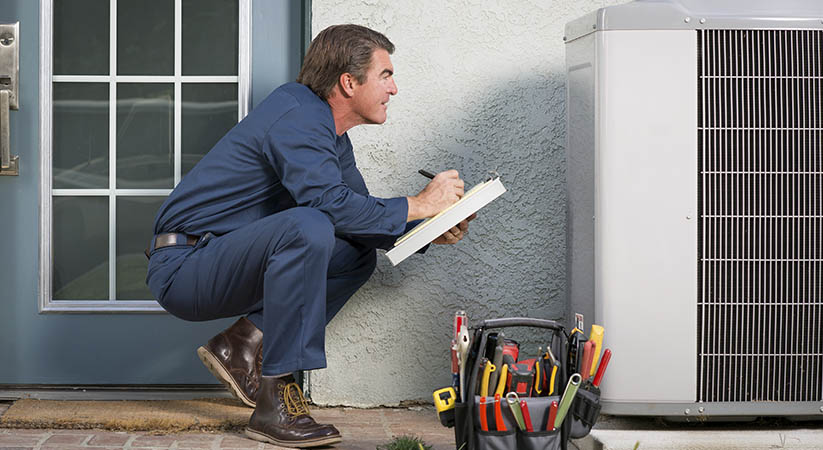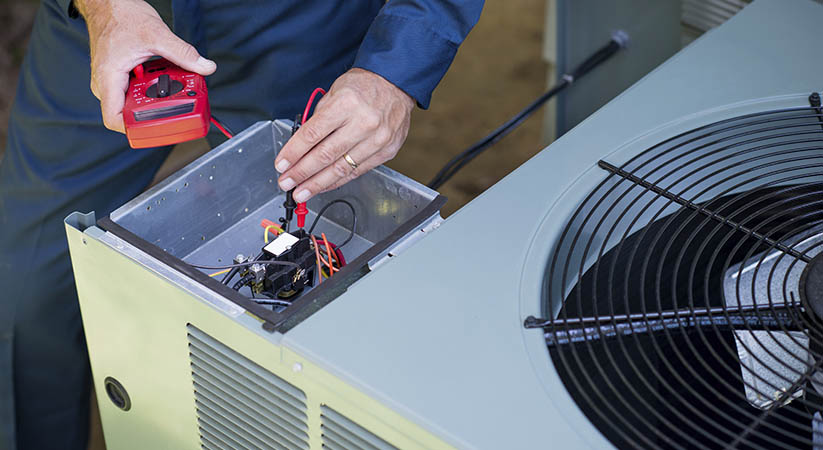Heating and air-conditioning firms are doing well now that summer has arrived. But what is HVAC, and what does it mean? Why do you need air conditioner repair services? These are all questions you need to ask before investing in an HVAC unit. Because of their widespread use, you must get to know these devices in-depth.
HVAC is still expanding despite its enormous popularity. In the last few years, more people have become aware of the many benefits of modern air conditioners and how energy-efficient they are.
So don’t worry because we are here to help you learn more about HVAC systems!
Heater, air conditioner, and ventilation systems are together referred to as HVAC systems. Both commercial and residential construction would be incomplete without them. Not to mention that many industrial buildings, such as factories and warehouses, also make use of them.
To manage humidity, air quality, and temperature, an HVAC system is essential. In addition, they have a welcoming atmosphere inside.
HVAC systems represent 40% of total energy use in small businesses in the United States, according to the SBA. As a result, one of the primary concerns of building owners is to save expenses while also reducing greenhouse gas emissions
To what extent do HVAC systems come in various flavors?
Heating, ventilation, and air conditioning systems come in a wide variety of configurations. To keep things simple, we’re simply going to discuss the most prevalent varieties in this post. These are some examples:
Central systems
These systems are utilized when there is not sufficient space in the building to store individual components. As a result, these systems are all contained in a single unit. They come in both automated and manual types. So, if the central part becomes faulty, the entire air conditioning unit will break down. That is one of its biggest cons.
Automated systems
An area’s HVAC requirements are met by one centralized HVAC system, as the name suggests. In most cases, it is limited to a particular location. Water is used as a cooling medium in this system, as well as wide distribution of dust-work. To put it simply, these systems can better manage and regulate their workloads.
Automated systems are suitable for larger spaces such as warehouses and different industries. That is because these systems have very complex controls and are self-reliant for the most part. This means that you will not have to constantly worry about adjusting the settings. These systems are nicely regulated with high-end thermostats and advanced controls.
Decentralized systems
Decentralized systems are ones that supply energy through a variety of units positioned throughout the structure. Typical examples of this type of equipment are rooftop systems, air conditioners, and air-to-air systems, among others.
The most important benefit of these devices is that they are extremely user-friendly. In addition, they require a smaller initial investment. However, if these systems are spread throughout the structure, they may be a nightmare. Due to the high cost of replacing many systems at once rather than a single unit that controls the whole space, this is the preferred method of implementation. If one of the individual units fails, the others will continue to chill the space. This is a major advantage of these units.
Conclusion
If you are planning to invest in an HVAC unit, make sure that you have set aside a budget for occasional repairs and maintenance. One of the main drawbacks is having to deal with HVAC unit repair. However, this is something that you must manage with every household and commercial device.
After all, machines require regular upkeep and repairs. So, this summer, before you switch on your AC, get an inspection from air conditioner repair services Stony Brook. If you continue to use an out-of-date machine, you may be looking at significant repair expenses.


